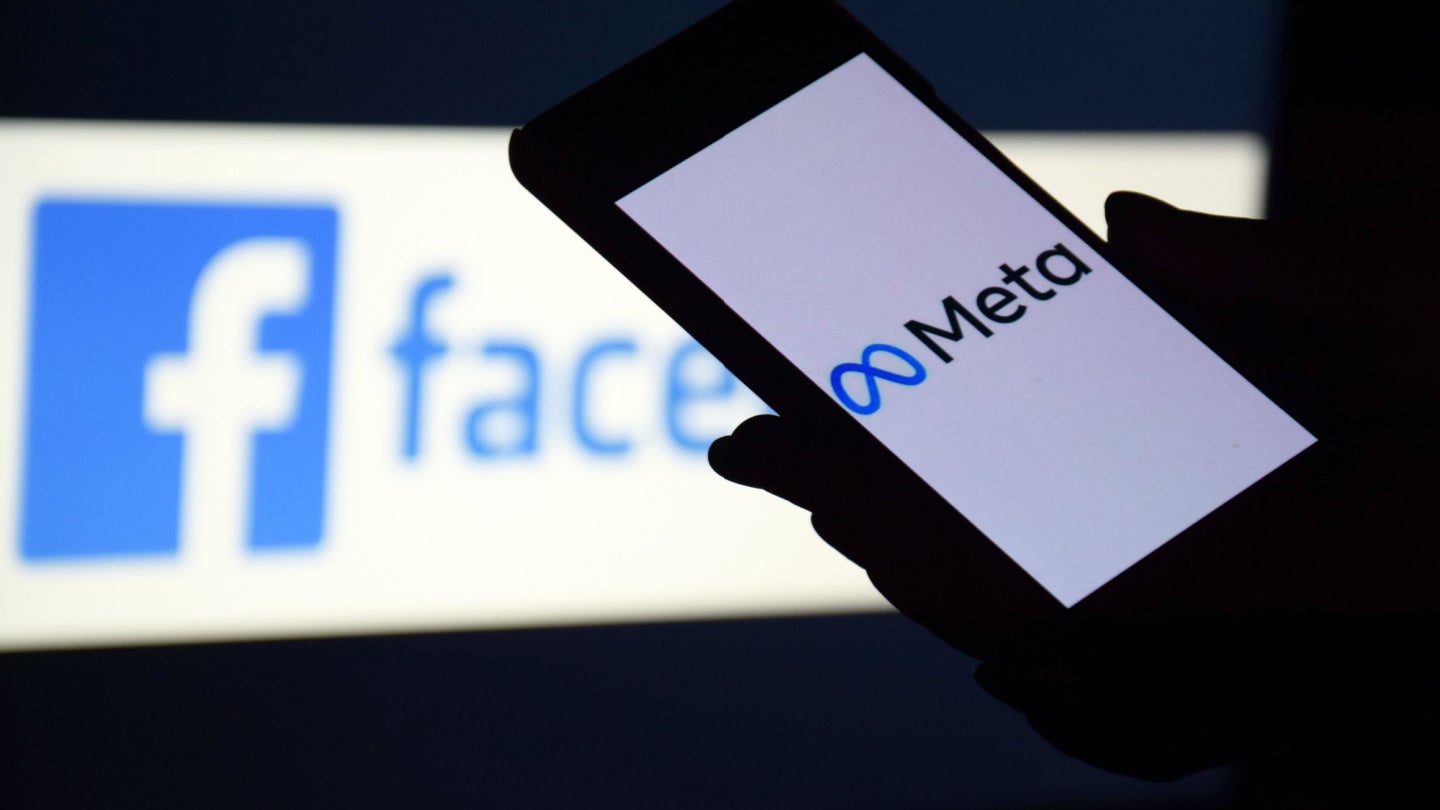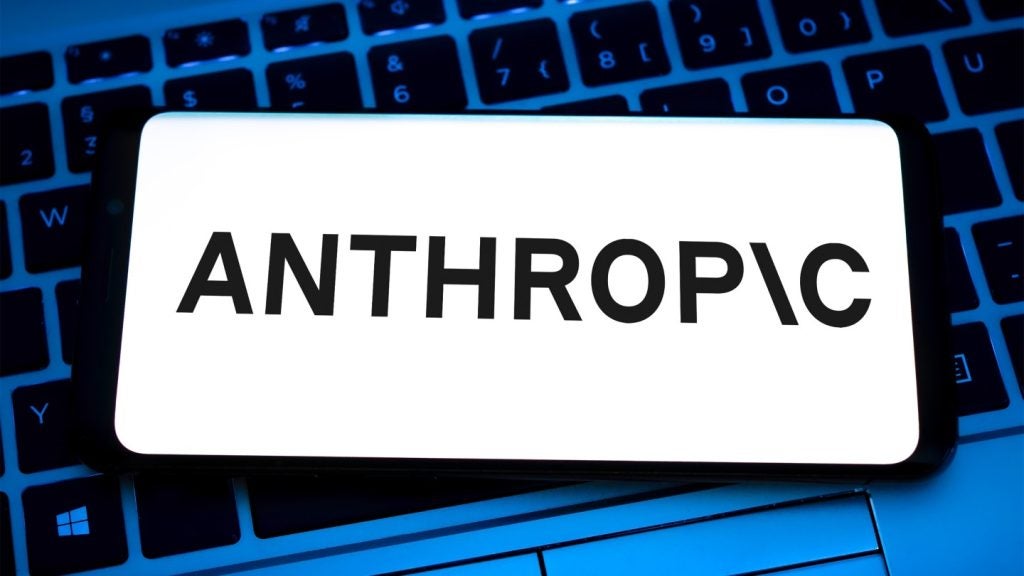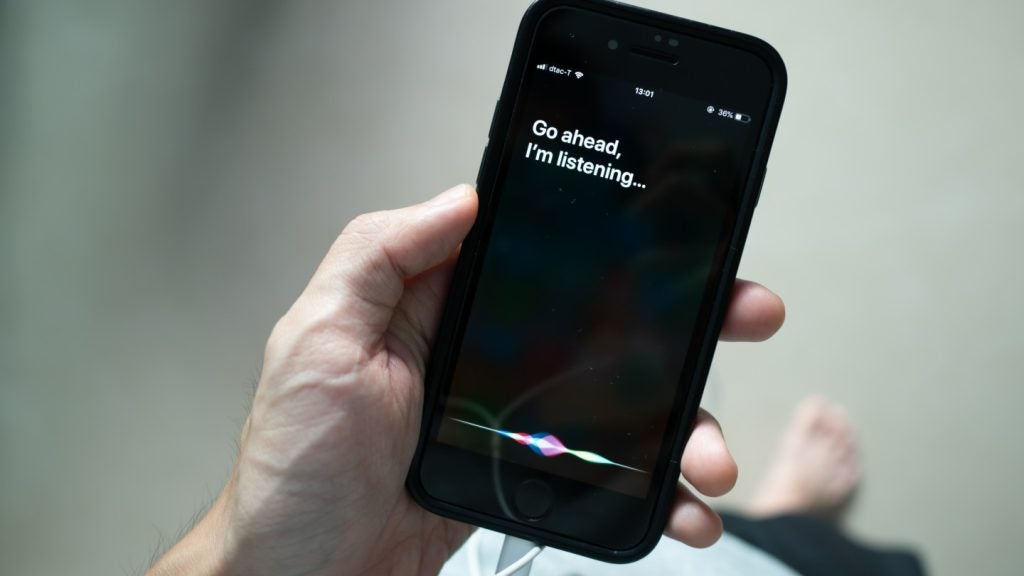
Meta has stated that it plans to tackle online misinformation during the 2024 European Parliament elections, which are set to take place from 6-9 June.
The company is currently expanding its fact checking network with new partners in France, Bulgaria and Slovakia. Additionally, it is creating an Elections Operations Centre to identify potential instances of disinformation on its social media platforms.
Meta-owned Facebook currently has around three billion monthly active users.
The rise of generative AI technology has has started an online misinformation debate. Generative AI technology can create text, image and video content quickly at a scale previously unthinkable.
As generative AI matures, fabricated content is becoming harder to recognise online.
In a blog post, Meta’s head of EU affairs Marco Pancini stated that the company takes down misinformation that could contribute to harm or suppress votes.
How well do you really know your competitors?
Access the most comprehensive Company Profiles on the market, powered by GlobalData. Save hours of research. Gain competitive edge.

Thank you!
Your download email will arrive shortly
Not ready to buy yet? Download a free sample
We are confident about the unique quality of our Company Profiles. However, we want you to make the most beneficial decision for your business, so we offer a free sample that you can download by submitting the below form
By GlobalDataHowever, for content that does not go against its community guidelines, Meta relies upon its team of fact checkers to debunk and publicly tag content which is false.
“Between July and December 2023, for example, over 68 million pieces of content viewed in the EU on Facebook and Instagram had fact checking labels. When a fact-checked label is placed on a post, 95% of people don’t click through to view it,” wrote Pancini.
Meta also does not allow ad content that contains misinformation, content that discourages users to vote or question the legitimacy of elections.
Amelia Connor-Afflick, senior analyst at research and analysis company GlobalData, stated that Meta’s Elections Operations Centre was a direct response to growing pressures face by social media companies to mitigate online harm and misinformation.
The rise of generative AI and an unprecedented number of elections in 2024 has made the threats of disinformation and misinformation higher than ever, said Connor-Afflick.
“[Meta’s] initiative seeks to address the combination of these threats by not only focusing on misinformation in a silo but also looking at the abuse of generative AI technologies and influence operations,” stated Connor-Afflick, “It reflects strongly on Meta’s efforts to provide a healthy information ecosystem well before the EU elections, relevant to the risks AI poses.”







